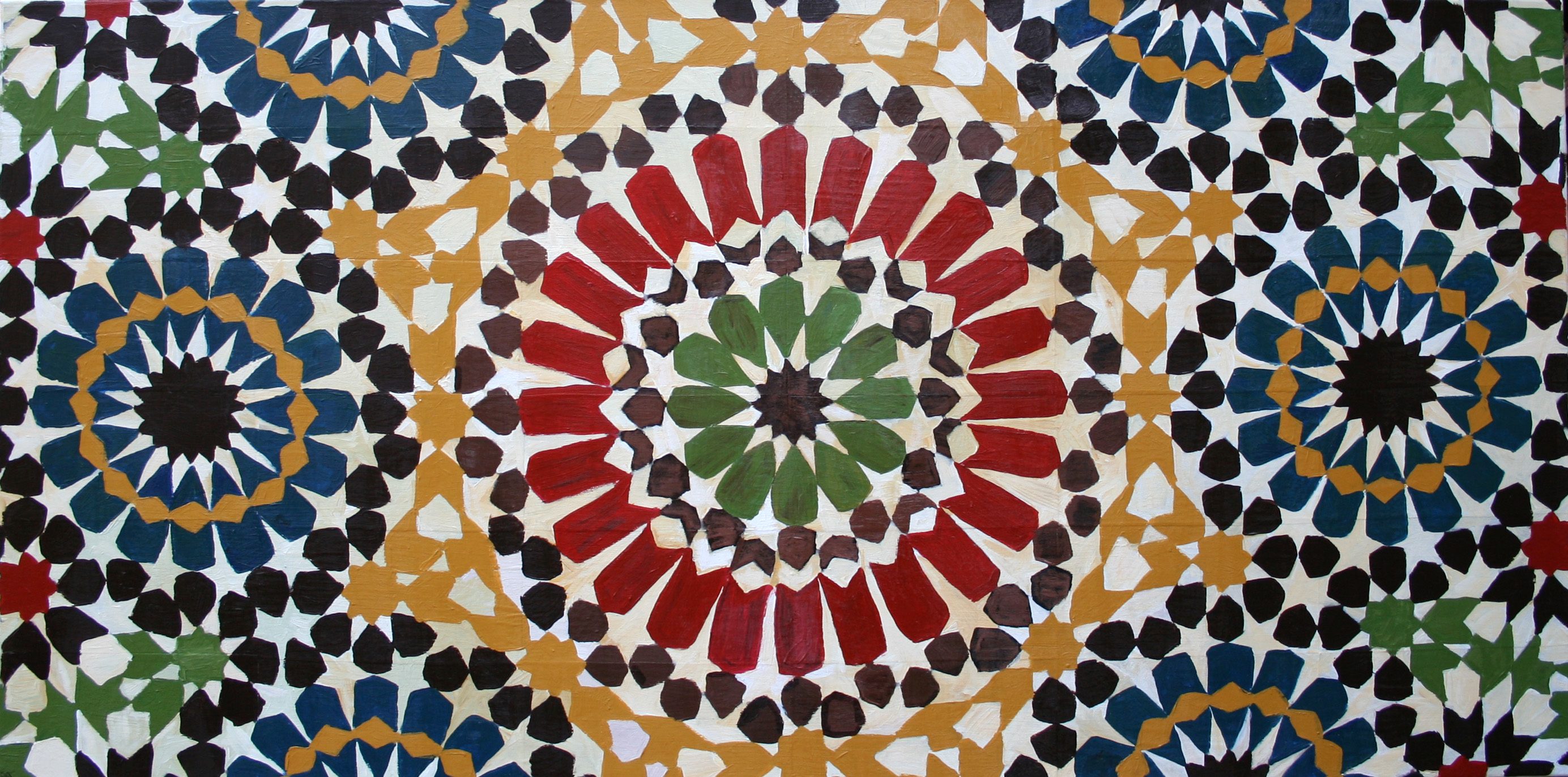Join us on November 7th – Eman Elshaikh will be presenting on her paper: “Arabic without Arabs: Golden Chronotopes, Purist Language Ideologies, and the Voice of the ‘Ummah in the Discourses of Shaykh Hamza Yusuf”. Her discussant will be Alexis Chavez (Anthropology). We will meet 12:30-1:20 in Swift 201.
Abstract: This paper uses semiotic anthropological methods to explore the relationship between language ideology, citationality, and chronotopes in the creation of particular historical imaginaries. I explore how Shaykh Hamza Yusuf makes palpable a certain notion of the Arabo-Islamic past through his discourses on language, arguing that he creates diagrams across chronotopes that make history come alive, powered by the moral, political, and intellectual ideologies of our present day. This paper was my MA thesis, and it was intended largely for an audience of linguistic anthropologists. I am working on rewriting this with the hope of submitting it for publication. My goals are to make it accessible, coherent, and less theory-heavy, as I’d like it to be read by audiences beyond linguistic anthropologists. My ultimate goal is to make it a clear comment on the relationship between history and citationality and a good demonstration of the mixed methods I use to bridge semiotic anthropology and history. Any feedback to these ends would be greatly appreciated.
Note: The paper will be provided upon individual request made to the coordinators or Eman personally (eelshaikh@uchicago.edu).
Eman M. Elshaikh is a MAPSS student, affiliated with the Anthropology department. She works at the intersection of anthropology and history, exploring the semiotics of historical consciousness and the uses of the past in the present. She hopes to continue her research in the UAE, studying the ways in which arts, public social sciences, and language programs play a role in the cultivation of a sense of an Arabo-Islamic deep past.
Alexis Rolando Chavez is a Ph.D student in the Department of Anthropology.
